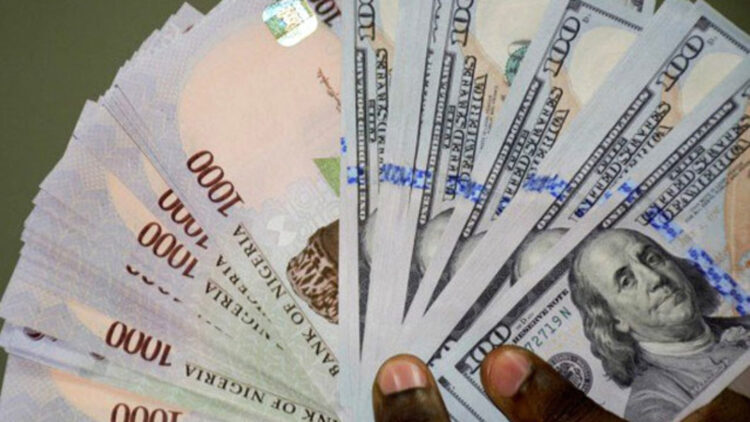The Current Dollar to Naira Exchange Rate: An Overview
The exchange rate between the US dollar and the Nigerian naira is a topic of interest for many people, including investors, traders, and individuals who engage in international transactions. The exchange rate determines how much one currency is worth in terms of the other currency and can have a significant impact on the economy of both countries. In this article, we will provide an overview of the current dollar to naira exchange rate, its implications, and factors that influence it.
The Current Exchange Rate
As of June 1, 2023, the exchange rate between the US dollar and the Nigerian naira is 1 USD = 460.48 NGN [1]. This means that one US dollar is equivalent to 460.48 Nigerian nairas. However, it is important to note that exchange rates are constantly fluctuating and can change rapidly due to various factors such as economic conditions, political events, and market sentiment.
Implications of the Exchange Rate
The exchange rate between the US dollar and the Nigerian naira has several implications for both countries. For Nigeria, a weaker naira means that imports become more expensive, which can lead to higher inflation and reduced purchasing power for consumers. On the other hand, a stronger naira can make exports more expensive and less competitive in international markets.
For the US, a weaker naira can make Nigerian goods cheaper for American consumers, which can increase demand for Nigerian products and boost trade between the two countries. However, a stronger naira can make it more expensive for American companies to do business in Nigeria and reduce their competitiveness in the Nigerian market.
Factors Influencing the Exchange Rate
Several factors influence the exchange rate between the US dollar and the Nigerian naira. One of the most significant factors is the balance of trade between the two countries. If Nigeria exports more goods and services to the US than it imports, there will be an increased demand for naira, which can lead to a stronger exchange rate. Conversely, if Nigeria imports more than it exports, there will be a higher demand for dollars, which can lead to a weaker exchange rate.
Other factors that can influence the exchange rate include inflation rates, interest rates, political stability, and economic growth. For example, if Nigeria experiences high inflation rates, the value of the naira may decrease, leading to a weaker exchange rate. Similarly, if the US experiences higher economic growth than Nigeria, the value of the dollar may increase relative to the naira.
Conclusion
In conclusion, the exchange rate between the US dollar and the Nigerian naira is an important indicator of the economic relationship between the two countries. The current exchange rate of 1 USD = 460.48 NGN [1] has several implications for both countries and is influenced by various factors such as trade balances, inflation rates, and economic growth. Understanding these factors can help individuals and businesses make informed decisions when engaging in international transactions.













Post Comment